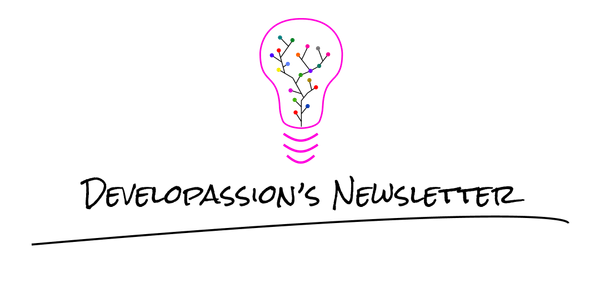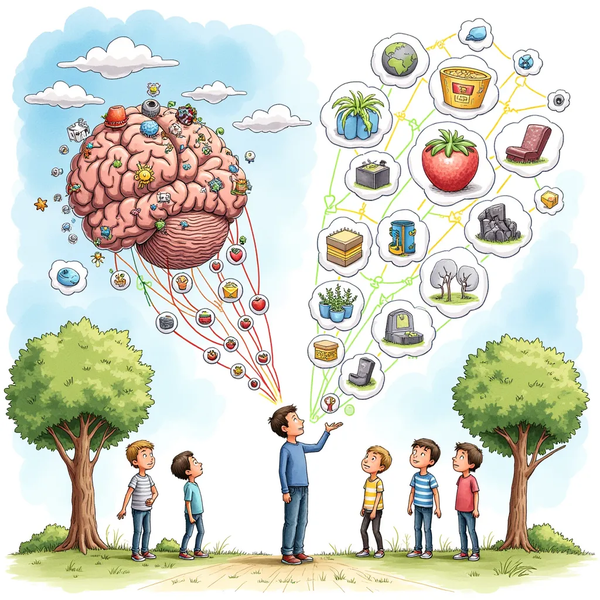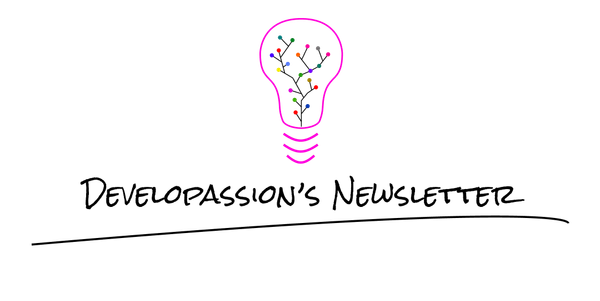Take less information in, but do more with it
If you struggle to filter the noise in your life and feel like you're not taking advantage of what you consume, then this article is for you.

In this article, I want to invite you to consider filtering more information out in your life, but also learning how to better use what you consume.
Introduction
We're all bombarded by information all day long. It comes from everywhere: social media, Websites, RSS, emails, books, news, phone notifications, colleagues, etc. It's endless and it's overwhelming. We are faced with way too much choice and way too much noise. In reality, most of the information that is thrown at us is either junk or useless to us. This is why we all need to learn how to filter out the noise, and focus on what is valuable/useful to us right now.
But there's more. Filtering bogus information is only one side of the coin. The other is to better use/leverage what we decide to consume...
Let's explore those ideas!
How to filter out the noise?
Filtering out the noise in our lives requires clarity. It's impossible to get rid of what you don't need if you don't know what you need. So it all starts with clarity of mind, your projects, goals and non-goals, plans, priorities, limits, etc. Once you know what you want/don't want, and need/don't need, it will be much easier for you to know what to consume and what to ignore at any given moment.
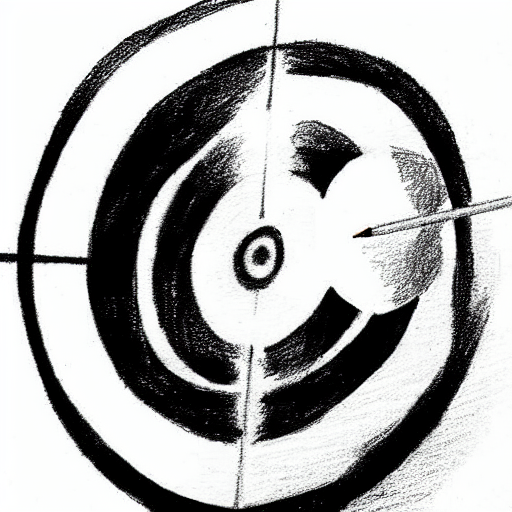
Whenever I'm in "information discovery/learning mode", I filter out everything that doesn't come from sources that I trust. This first filter, which I call the "bullshit filter" is critical. Recognizing valuable information sources is more art than science. It requires practice and experience. I'll write about this topic another day.
Second, if information passes my "bullshit" filter, I try to quickly identify if it has clear added value for my ongoing projects. For instance, I might stumble upon a shiny new React library that looks interesting, but I will ignore it unless I'm in the middle of a project that will require it in the coming days/weeks. Hence, my second filtering function is "if I don't need it now, I ignore it". If you don't do this, then you'll hoard information, and it will end up being useless, as it will remain lost in a haystack forever (e.g., the 20K bookmarks I finally decided to let go of a while ago).
Moreover, I strive to focus on doing first, and learning second. This helps me make progress while learning just in time, rather than just in case.

So, there are very few steps in my information filtering process:
- Always be clear about my projects, goals/non-goals, plans, priorities, etc
- Ignore bullshit and junk
- Ignore what isn't useful "right now" to learn just in time rather than just in time
What to do with information that passed the filters?
Once information passes through your filters, it means that it is probably useful in the short term. If it is, then you should decide what to do next. You need to make the information actionable.
I personally have a simple and most importantly, frictionless approach. Depending on the type of information, time horizon (i.e., when the information should be useful to me), time that I have available right now, I either:
- Add a note to my journal and capture the source
- Create a bookmark in an appropriate project folder (I use the PARA method and the Johnny Decimal system to organize my bookmarks)
- Skim over the content to highlight passages that seem worth exploring further
- Pause and consume the information right away (more on this in the next section)
The key element for consumption is the time I have available. I do my best to remain focused on what I want to achieve, rather than spend time exploring at random. Of course, random walks are interesting for exploratory learning, but it's also an avenue for procrastination. When I don't have enough time, am focused on something or am not in the right environment, I tend to either add a note to my journal, capturing the source along with it (e.g., a URL, a book title, etc.) or create a bookmark. I generally prefer taking notes, as my weekly review forces me to revisit those.
When I only have a few minutes ahead of me (e.g., during my coffee break), I like to skim over the content I find interesting to identify the key elements that seem useful. Although, I avoid going in depth right away, as I'm usually not in a situation where I can consume the content in a useful way (more on this in the next section).
When I have enough time (e.g., while I'm looking for solutions to a blocking issue), I pause and dive deep into the content I have just found, or that I have previously captured.
Now, you have a good overview of my filtering and capture systems, let's discuss how to do more with the information you decide to consume.
How to get more value out of what you consume?
First, to consume information effectively, you need to be in the right environment. If you're driving, then it's really difficult to ingest a lot of information in a useful way. Same if you're walking, running, swimming, sitting in a noisy place, etc.
Second, assuming you're in the right environment, you need to use the right tools based on your learning style, preferences and circumstances. The key is that reading or listening passively to a piece of information will rarely help you in the long run. Sure, a quick YouTube tutorial can help you move forward, but if you really want to make the best out of the information you consume, you have to capture the important parts. That's why I always carry a notepad and pen with me. It lets me quickly jot down things and capture whatever I find valuable. When I can't write, then I dictate messages to my phone or send messages to myself with reminders. And when I'm in front of the computer, I use my favorite note-taking and note-making tool: Obsidian with my Starter Kit.
But capturing valuable information is just one piece of the puzzle. There are multiple steps that you can take to get compounding value:
- Identify people and groups
- Keep references
- Experiment (i.e., learn actively)
- Abstract
- Connect, explore and expand
- Share
I will explain each of those ideas in the following sections. Let's dive in!
Identify people, communities and companies
When you consume useful/meaningful/valuable information, it means that you have discovered a valuable source. That source has and will most probably produce other pieces of content that might prove useful to you now or in the future. For this reason, it's important to always pay attention to the authors/editors/communities/companies behind the content you consume.
For instance, when I became more serious about Personal Knowledge Management, I started by looking for experts in the field. I found them on social media, through Google and through various RSS feeds. At first, I went the other way around. Now, whenever I stumble on an interesting article or video, I check who created it, and look at their Website, Newsletter, Podcast, YouTube channel and social media accounts to look for the rest of their content. It's not that I want to consume it right away, but I'm looking for their other creations to know what else they've got in store for me.
Whenever you find a person, community or company that creates valuable content, it's worth adding them to your network and following them. I follow people mostly through lists on X, YouTube and/or RSS feeds. By doing that, I will have chances to discover additional valuable content in the future. Given that I previously enjoyed one of their creations, there are chances that future ones will be interesting/valuable to me. This adds more signal to my life, and signal > noise.
Doing this regularly will help you:
- Understand who the key people are in the field and who does what
- Get to know and learn from interesting people
- Find people who face the same problems as you do
- Know where to ask questions
- Stay informed about the evolutions in the field, which might simplify your future choices and give you an edge
Keep references
Whenever I capture important information, I keep track of the author and the source URL. This helps me go back to the source if/when I need more details than I initially thought I would. It's also helpful for me as a creator, to give credit where it's due.
Experiment
Whenever I learn something new, I do my best to put it to practice. When I consume information to solve a problem, there's an obvious experimentation path. Sometimes it's less obvious, but it's worth trying, as experimentation often brings us to the next level of understanding. It's the basis of active learning.
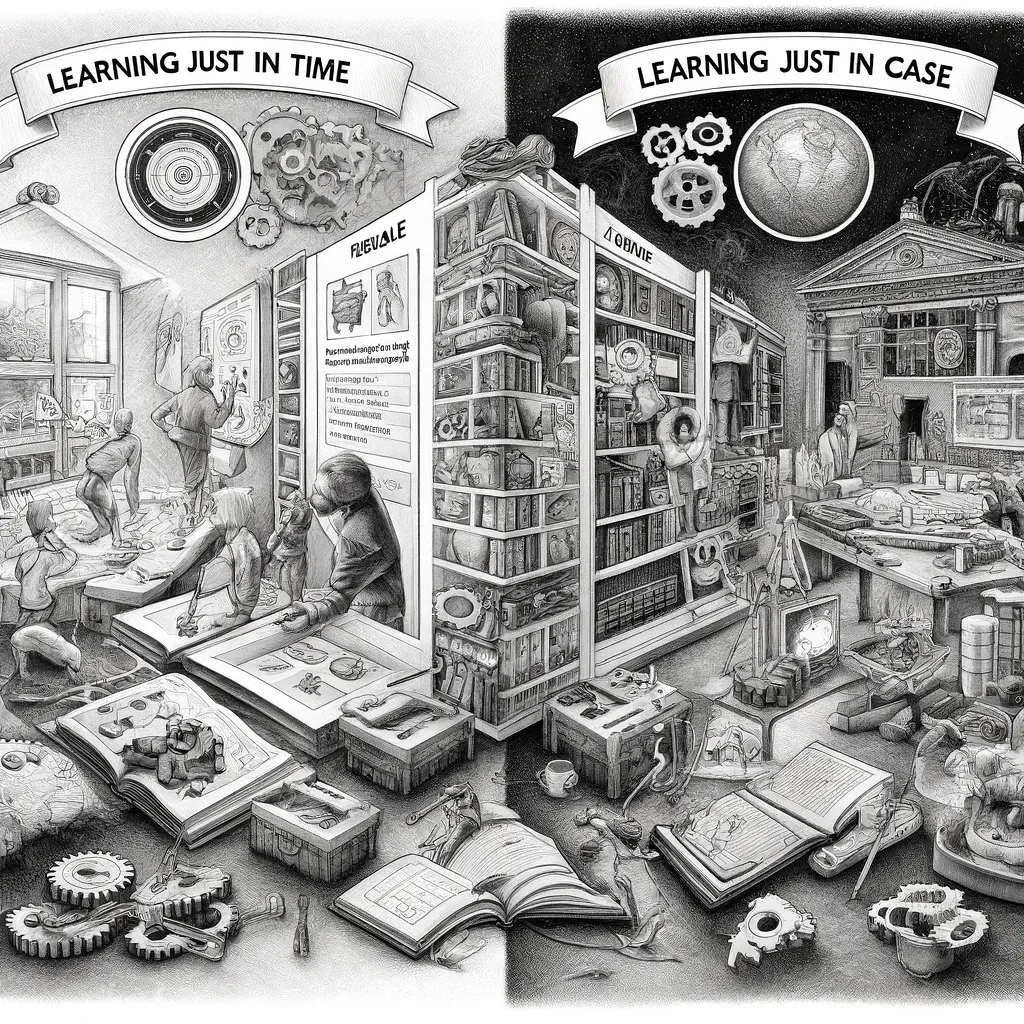
Abstract
Oftentimes, new information that we stumble upon relies on foundational knowledge. What you want is to understand things from first principles. This will enable you to truly master what you have learned, and to acquire knowledge more rapidly in the future, when going deeper on the topic.
Abstracting knowledge and getting to first principles is also key to creating solid mental models. Ultimately, mental models enable better thinking and faster problem solving.
In practice, abstracting information requires rephrasing/completing the information you are presented with, usually using additional sources or your existing knowledge. Doing so requires additional effort, but really pays off in the long run.
Connect, explore and expand
The next step consists in connecting your newly acquired knowledge with the rest of your knowledge base. Again, this is where tools shine. By connecting the puzzle pieces together, you can get to the big picture, and further improve your understanding. Connecting ideas together is also a very powerful way to help you become more creative/innovative.

Once you start connecting the dots, you can further explore the relationships between different concepts and ideas, which can help you get to wonderful "aha" moments. This is another facet of active learning. As you connect ideas, dive deeper in certain parts and learn new things, you can expand your knowledge base, and further reinforce your existing mental models.
As a software crafter, this approach has greatly helped me broaden my knowledge of IT and programming. After a few years, I have managed to learn tons of things about very distant ideas in the field. With the help of clear mental models, I've been able to better collaborate with colleagues having drastically different backgrounds (e.g., Networking infrastructure, software development, IT security, etc).
Connecting, exploring and expanding ideas is a wonderful framework that all knowledge workers and lifelong learners can use to learn new things and keep getting better at what they do.
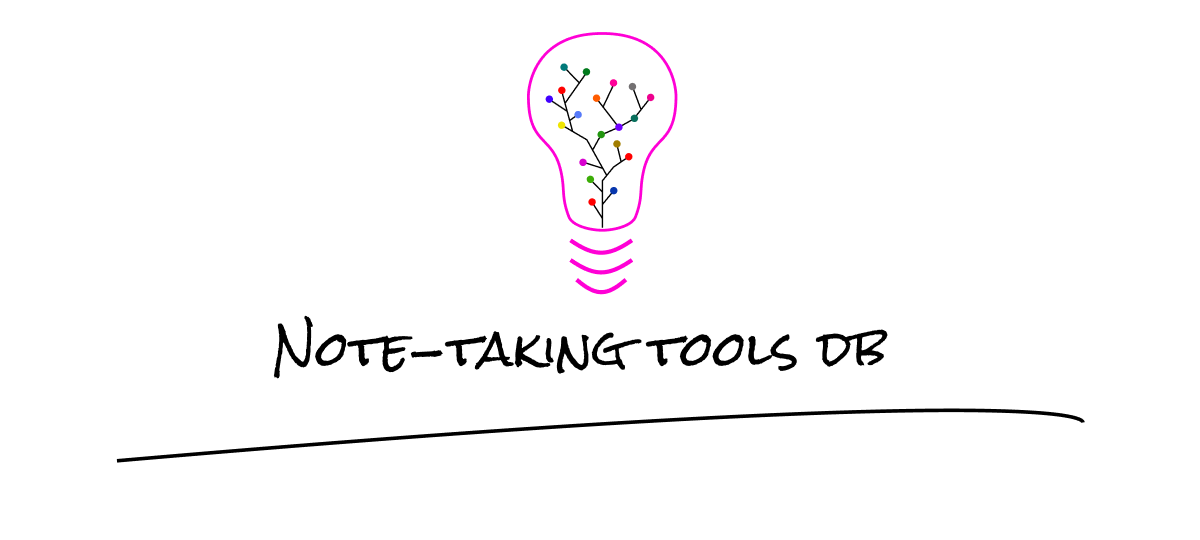
Share
The last step consists in sharing what you know and what you learn with others. It is at the core of the famous Feynman technique.
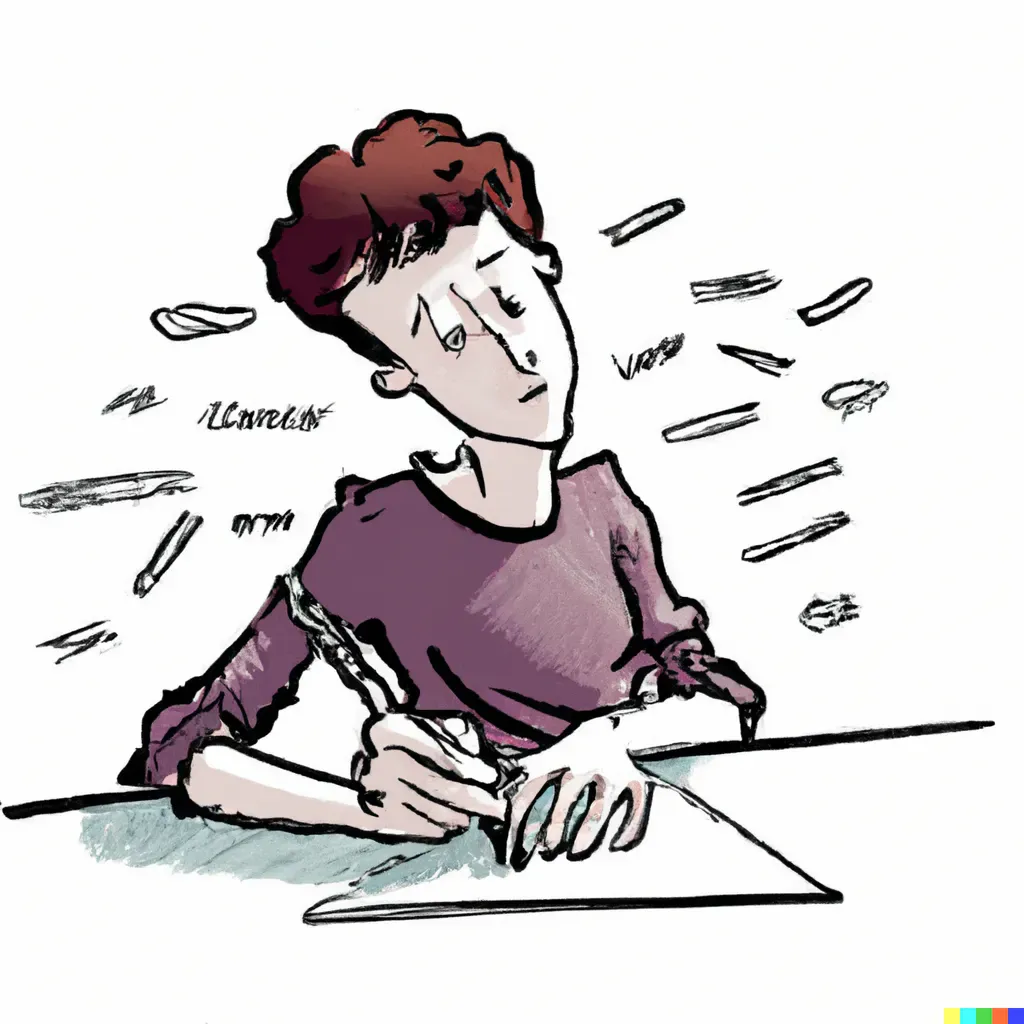
Sharing what you know is the best way to force yourself to communicate ideas clearly, and to quickly identify gaps in your knowledge. When we share what we know (or what we think we know), we're faced with our reality, as we only know what we know.
The first principle is that you must not fool yourself. And you are the easiest person to fool — Richard Feynman
Further, sharing your knowledge will enable you to simplify: reduce the noise, eliminate the needless/outdated/incorrect details, and get to express ideas simply and more clearly.
Sharing knowledge is a wonderful way to learn and improve. Never miss an opportunity to share what you know. Since the ladder of knowledge is infinite, there will always be someone who can benefit from what you share, whether you're a newbie or an expert in the field.
How to organize my knowledge?
Well, this all brings us to a key point. Doing all of the above requires the right tools (which I touched on earlier in this article), but also the right techniques. Tools can almost be considered as a detail (to some extent). But techniques are very important, and often tool-agnostic. Let's explore some of these together!
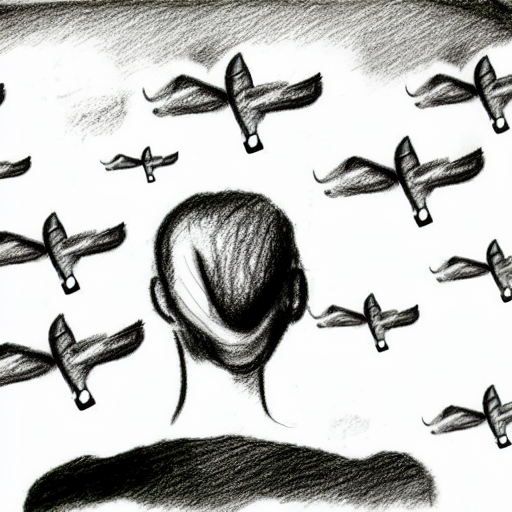
Analog is hard(er)
I consider "analog" means of capturing information (e.g., paper, voice recording, etc.) to be transient. I do need those in various situations, but they're too limited to be valuable in the long run. Paper gets lost, damaged, mixed up, etc. It's hard to search information on paper. The same goes with voice recordings: they're hard to explore, hard to reuse, etc. That's why all my notes go into my digital note-taking solution. Basically, my input system is like a funnel. All the things I capture end up in my knowledge management solution. Check out the following article if you want to learn more:

Create a knowledge graph
So, capturing the useful bits is what you really need to do. You can't be passive. But why? Because our brains are unreliable. Yes, you can quickly learn something today and move on. But what if you encounter the same issue tomorrow, or next month? Without a knowledge management system, you're going to go back from square one. Instead, by building a personal knowledge base (or one for your team/project), you will be able to accumulate useful bits of information.
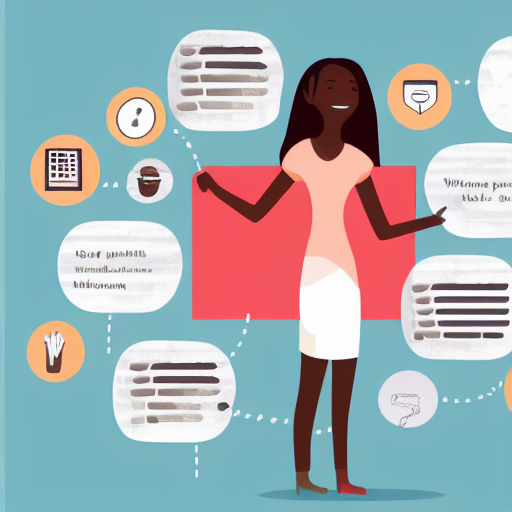
Better yet, by linking pieces together, you'll create a knowledge graph, which will help you connect the dots (literally). Over time, it will help you to create better mental models and (I believe), really get smarter.
Learn to better take and make notes
Note-taking and note-making are simple skills to pick up, but there are tips and tricks you can learn to be more effective. I've written a few things about this before:
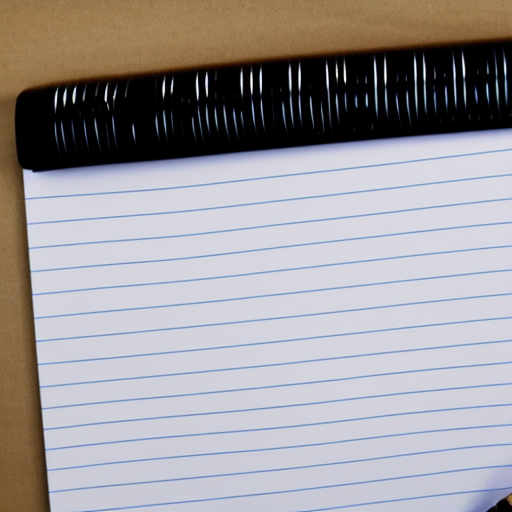
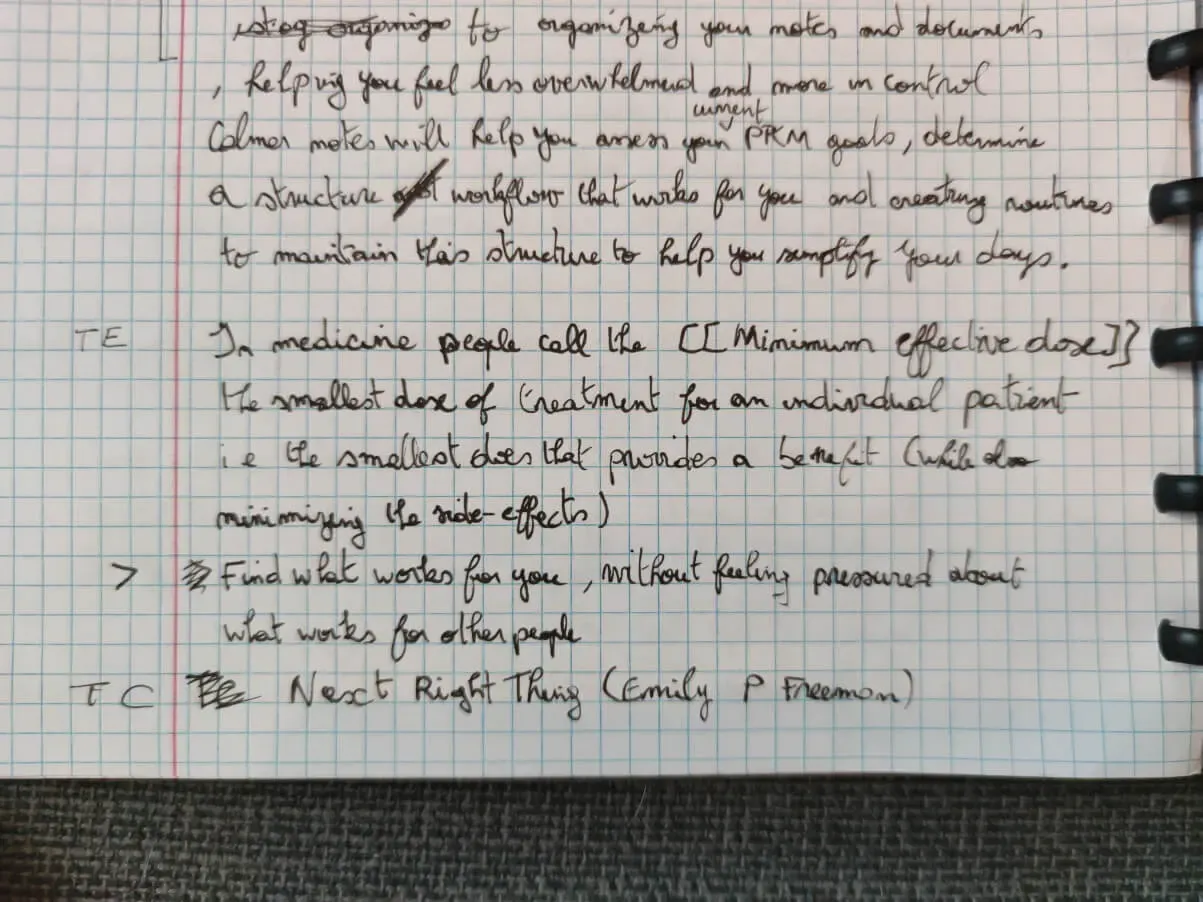
Explore Knowledge Management concepts
Personal Knowledge Management concepts are really useful to create usable and maintainable knowledge bases. Here are a few articles I wrote that should help you out:


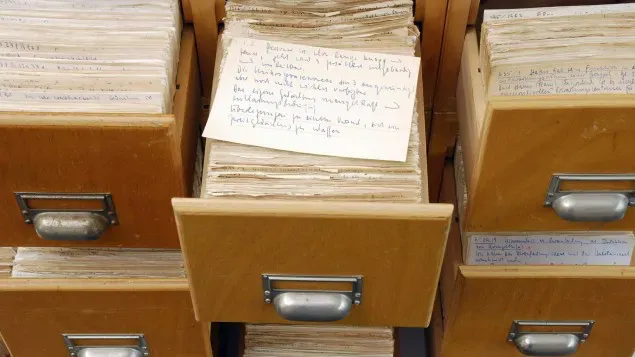
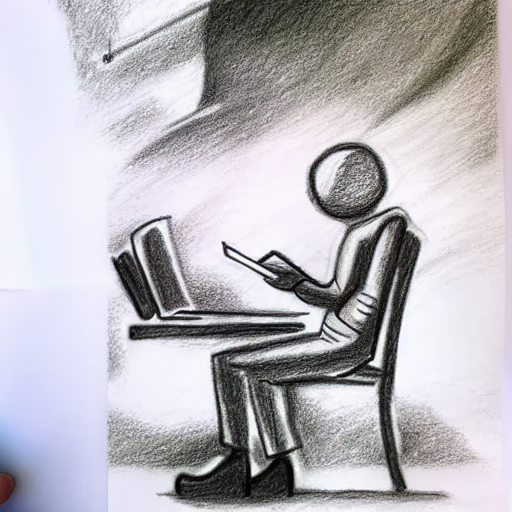
Especially the following one, which gives a snapshot of my own knowledge organization system:
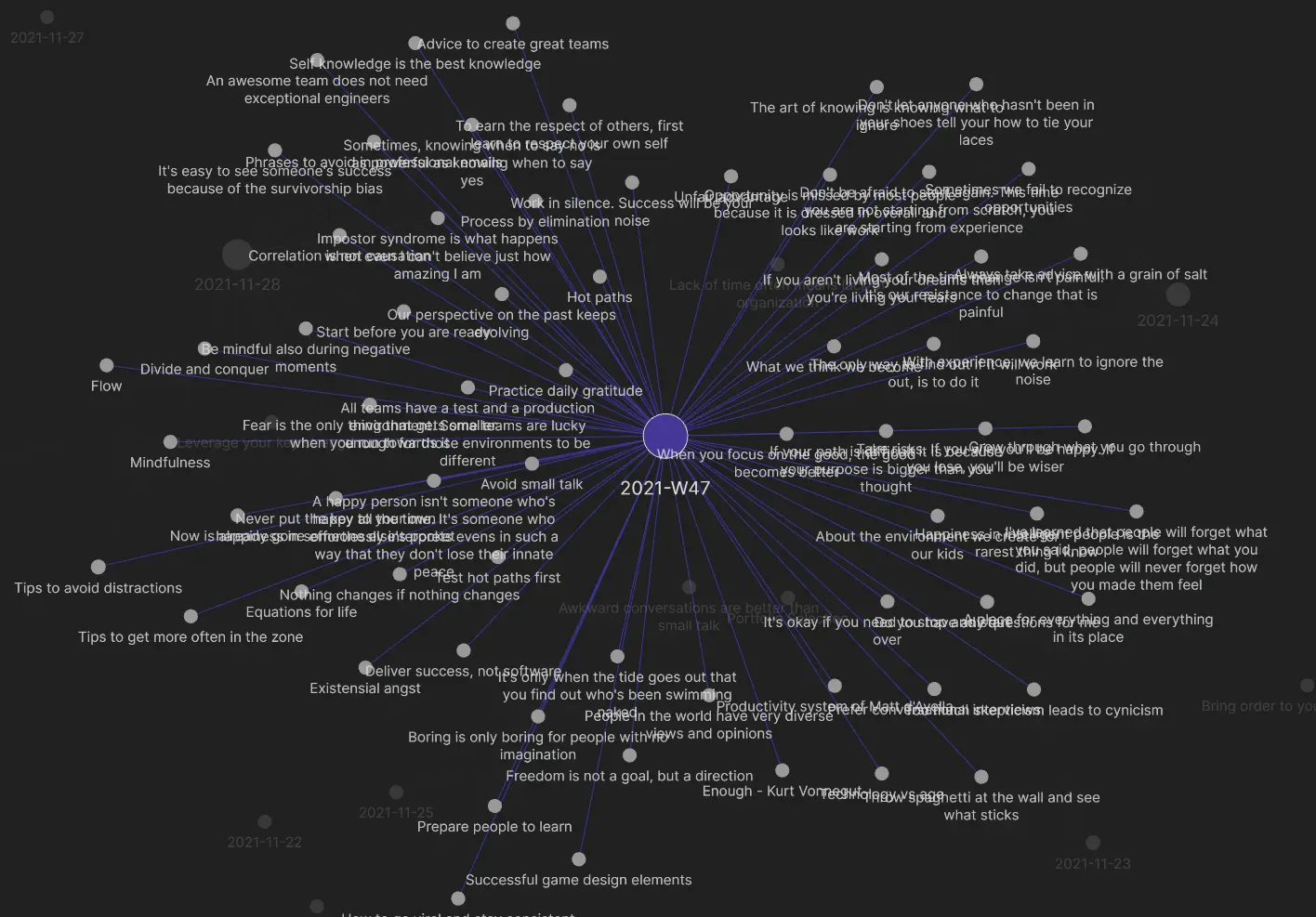
Consider journaling
One central part of my approach is journaling. Throughout the day, I keep my daily note open, and I use it to capture whatever I need to. This helps me capture knowledge without necessarily losing my focus. I've shared my approach previously:

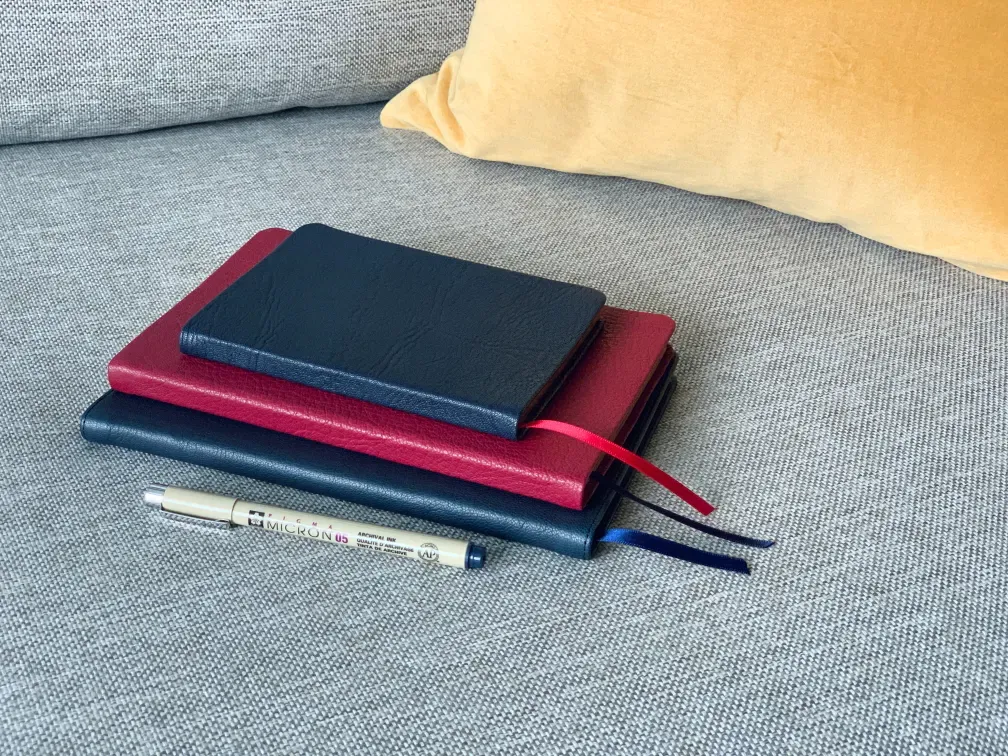
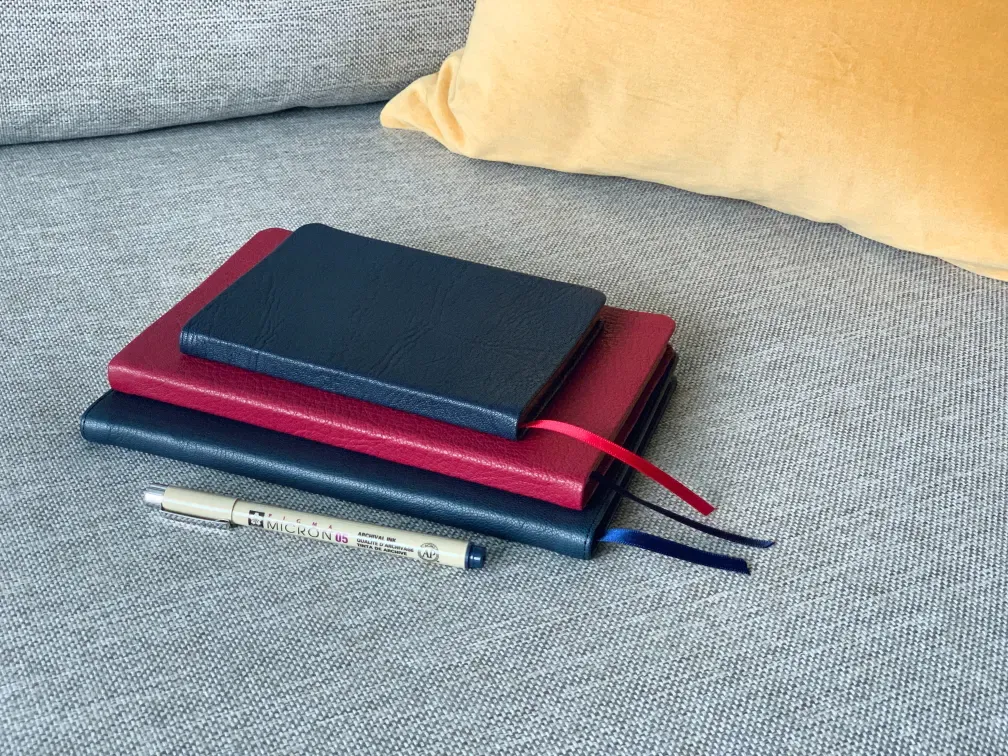
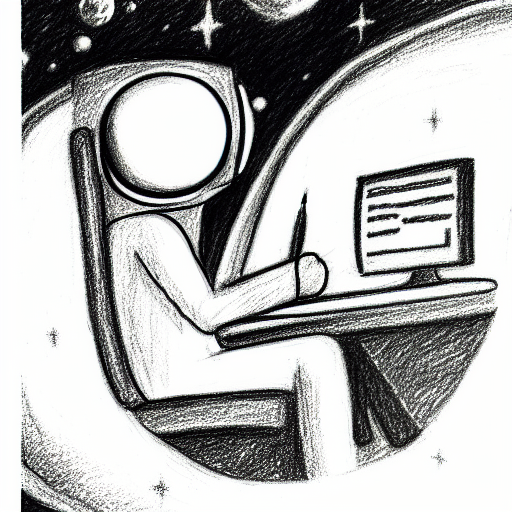
Rinse, repeat and reuse ad nauseam
Last but not least, a knowledge base is only useful if you rely on it, expand it and use it all the time. When I learn something new (e.g., video editing), I take notes that I can refer back to whenever I need to do something I've already done. I do the same with writing, marketing, copywriting, software development, entrepreneurship, and more. Beyond that, reflecting upon the notes you've taken and making notes will get you to the next step. Using those techniques, the value of your knowledge base will grow, day after day. It creates leverage for me, and there's a lot more value there than passively consuming whatever comes my way.
Conclusion
In this article, I've shared some ideas about why it's important to filter out the noise in our lives, how to do so. More importantly, I've also shared ideas about how you can better consume information, and create leverage.
Hopefully, I have now convinced you that capturing (useful/valuable) information is a must if you really want to benefit from the information you consume. Also, I hope that I have helped you better understand that building a personal knowledge base (also known as a Personal Knowledge Management System) is valuable and well worth investing time in. The return on investment is really big.
That's it for today!
About Sébastien
I am Sébastien Dubois. You can follow me on X 🐦 and on BlueSky 🦋.
I am an author, founder, and coach. I write books and articles about Knowledge Work, Personal Knowledge Management, Note-taking, Lifelong Learning, Personal Organization, and Zen Productivity. I also craft lovely digital products . You can learn more about my projects here.
If you want to follow my work, then become a member.
Ready to get to the next level?
To embark on your Knowledge Management journey, consider investing in resources that will equip you with the tools and strategies you need. Check out the Obsidian Starter Kit and the accompanying video course. It will give you a rock-solid starting point for your note-taking and Knowledge Management efforts.
If you want to take a more holistic approach, then the Knowledge Worker Kit is for you. It covers PKM, but expands into productivity, personal organization, project/task management, and more:
If you are in a hurry, then do not hesitate to book a coaching session with me:



